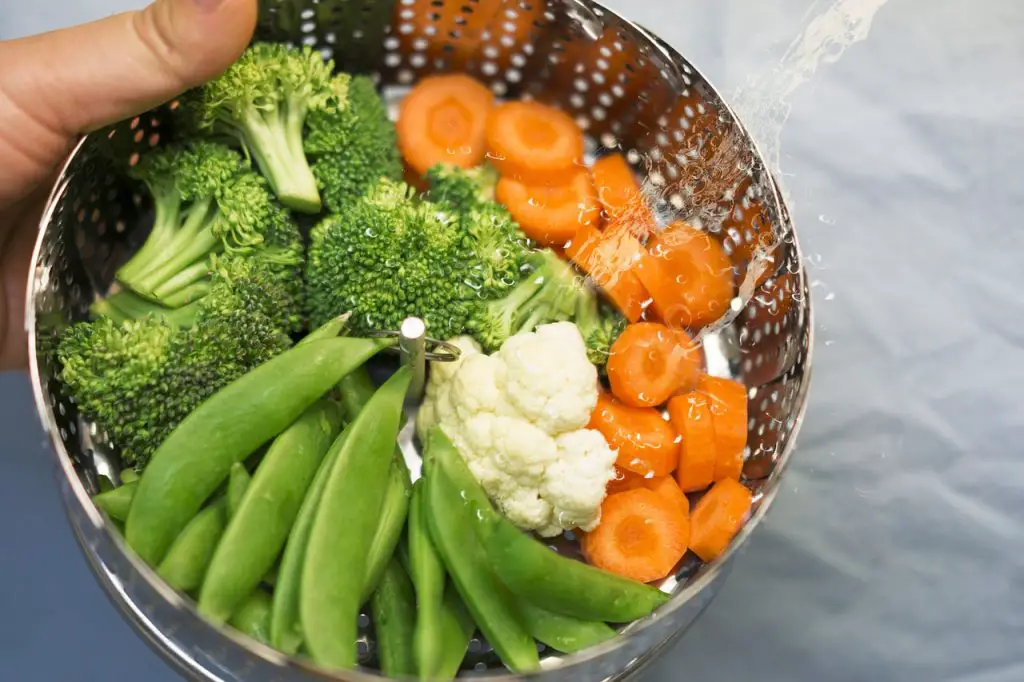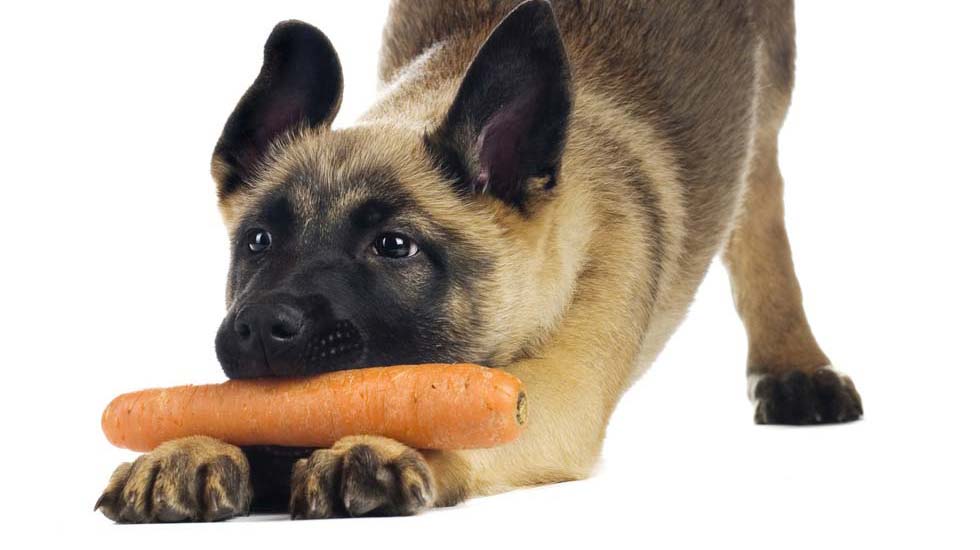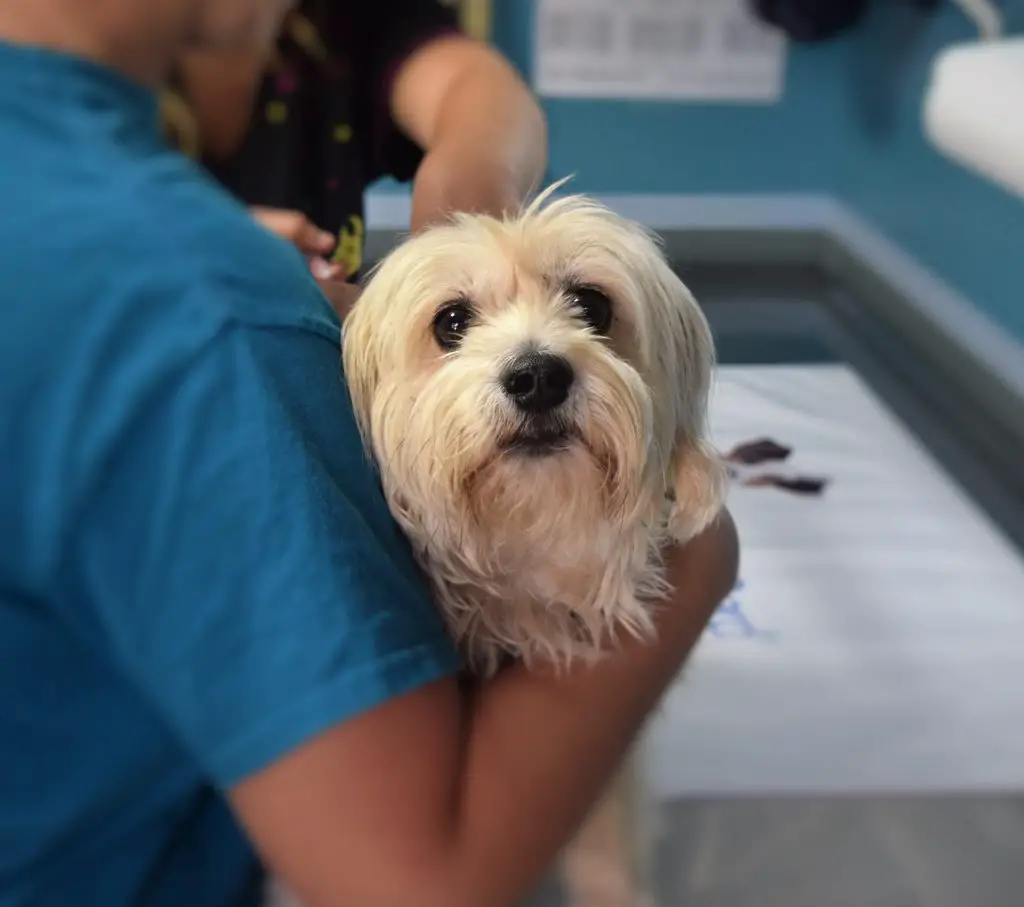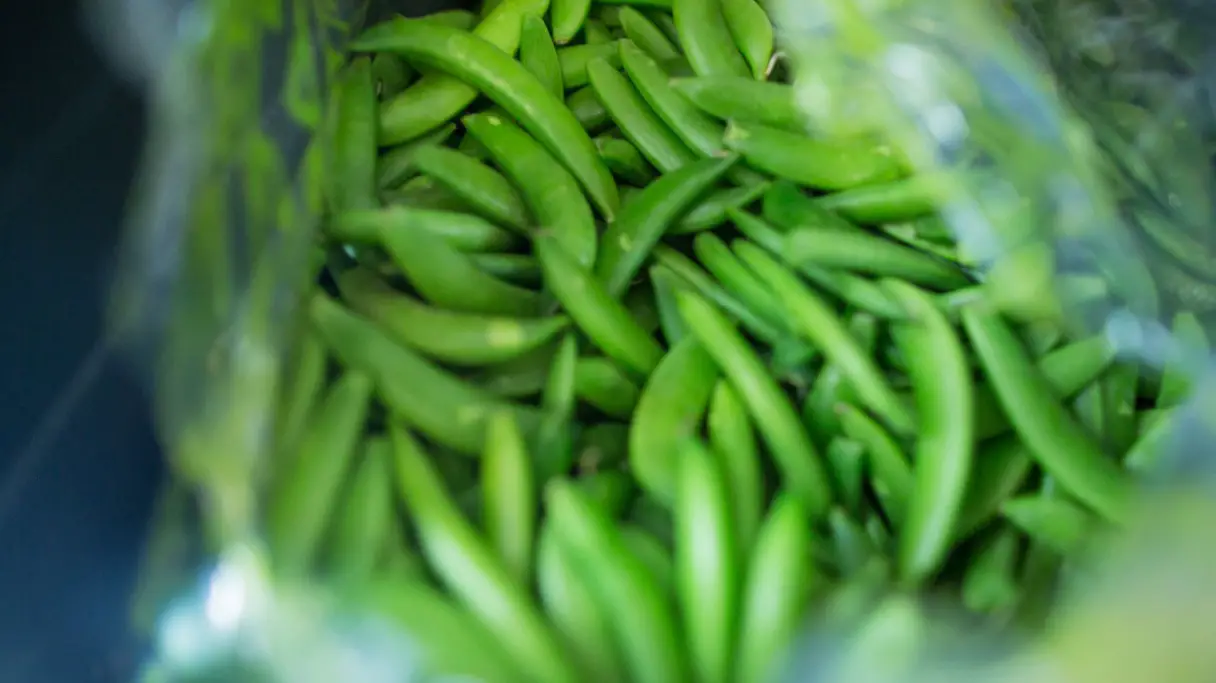Dogs can survive on a vegan diet for dogs. Although it is believed that they survived through eating meat, they are actually omnivores and survived through eating plants.
Some dogs are allergic to protein. Sometimes veterinarians will give out meat-free diets to treat dogs with allergies and other types of health problems.
Dogs are omnivores and can get amino acids, the building blocks of protein, from other food that are not meat. However there diet has certain benefits and side effects.
Table of Contents
Vegan diet for dogs

Dogs can enjoy a variety of vegan friendly food such as:
- Carrots, broccoli, and other vegetables
- Rice
- Lentils
- Quinoa
- Certain types of beans
- greens such as kale and spinach
How to begin a vegan diet for your dog
It is best to begin early in their life . However, newborn puppies should not become vegan right away because they need their mother’s milk and protein to develop healthy immune system.
There are important proteins to make sure your dog gets when going vegan. They are non-meat protein, I carnitine, and taurine. You can get I carnitine and taurine as food supplements and mix it in your dog’s food.
It is also important to keep away from foods that may harm your dog when going vegan.
It is important to begin slowly and steady when transitioning your puppy to vegan diet. If you go fast, you may cause an upset stomach and resistance to the new diet.
Slowly, integrate vegan food into your dog’s diet through incorporating it into their current meat based food.
Replace slowly your dog’s current meat food with vegan food. Don’t rush the process as it can cause your diarrhea, vomiting, and constipation.
How to make vegan dog food
Meal base
You got to make sure that at least 1/3 of the meal is high quality plant based protein sources. This is called the base of the meal. It can be lentils, oats, sweet potatoes, and soybeans.
Also you got to be sure that your dog doesn’t have allergies toward these meal base.
The remainder of the homemade vegan meals
The remainder of the vegan meals should have cooked and raw vegetables, whole grains, and supplements such as amino acids and fatty acids.
You can also add to them fruits such as bananas, oranges, watermelon, and apples. However do it slowly as adding fruits can cause digestive problems due to different enzymes the fruits contain.
Benefits of a vegan diet for dogs

1.) Doesn’t cause allergies
Many dogs have allergies to chicken, beef, dairy, and egg. Vegan food and grains are actually uncommon causes of dog allergies. Most dogs are allergic to animal protein.
Food allergies cause a variety of symptoms such as rashes, dry skin, constipation, loose stool, vomiting, and yeast infection.
2.) Anti-inflammatory by nature
Vegan food are naturally anti-inflammatory. They can help relieve joint pain and arthritis. Dogs who follow a vegan diet have improved mobility, endurance, and stronger muscles.
This is especially helpful for senior dogs.
3.) Easily digested
Vegan food helps relieve dog’s digestion by controlling loose stool, constipation, and gas. Unlike meat based food, they are not hard to digest.
Vegan diet for dogs are also very gentle on their digestive system and offer free allergies.
4.) Improves energy levels
Switching your puppy to a vegan diet can help them have high quality energy. This is due to the clean nutrition of vegan diet without negative effects of meat based food.
5.) Manages weight
Vegan diet help maintain and lower your dog’s body weight. Overweight dogs often lose their weight when being on a vegan diet and they stay healthy and lean through the diet.
Disadvantages of a vegan diet
1.) Lack of vitamins
Dogs need all sort of vitamins. They have some vitamins created by their bodies while others come from the food they eat.
An example would be vitamin D specifically vitamin D3 which comes from other meat based diets and not vegan diet.
Other vitamins that your dog will have a deficiency in are B vitamins, phosphorus, iron, and calcium.
If dogs don’t get this type of vitamin, their coats and overall health will be affected negatively.
2.) Health risks
Because a vegan diet lacks in protein, amino acids , and vitamins, it can negatively affect your dog. It can cause medical problems such as enlarged heart and eyes.
Lack of these nutrients can also cause your dog’s lifespan to shorten. This is the reason that it is important that your dog has all the vital nutrients and vitamins.
3.) More vet check ups required

Dogs require regular vet check ups for blood tests, urine examination, and other types of check ups when switching to a vegan diet.
Because the diet doesn’t provide all the nutrients and vitamins necessary, your vet may give your dog synthesized nutrients.
It is important to always check with your vet about the certain types of nutrients that are given to them.
Tips and guidelines when your dog is becoming vegan
- Don’t feed a vegan diet for dogs when they are still puppies. Also don’t give the diet to dogs you plan to breed.
- Use only commercial vegan food that has gone through food testing. They must meet the requirements of the AAFCO.
- Consult with a vet about the best nutrition value for the vegan diet that will give your dog all the necessary vitamins and minerals.
- Schedule check ups for your dog to run blood tests and examine anything related to the physical side of your dog.
- Be alert and aware of any changes that happen to your dog by examining your dog throughout the day. How do they feel and act? What is their energy level and is it affected?
Conclusion
In conclusion, For any dog following a vegan diet requires them to follow certain tips and guidelines. Vegan diet has many benefits as well as side effects.
If you plan to make your dog follow a vegan diet, you must consult with a vet to know the daily nutrition requirements.

